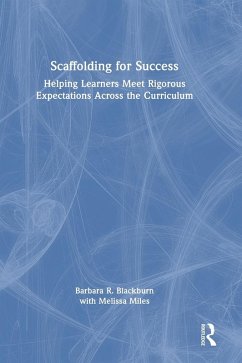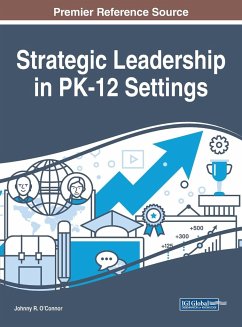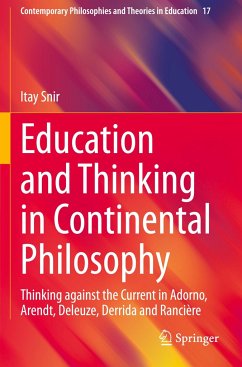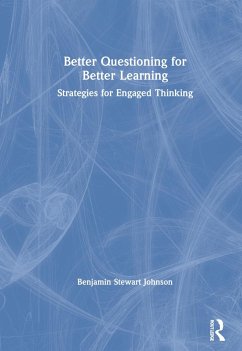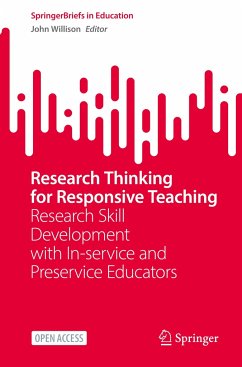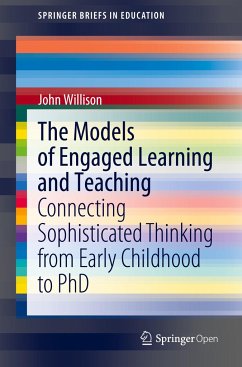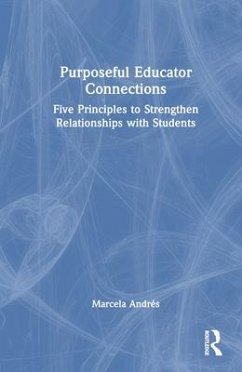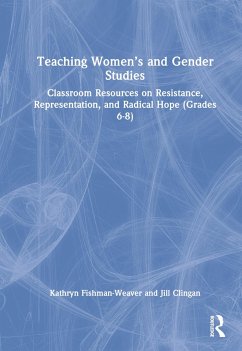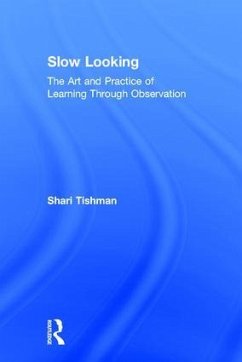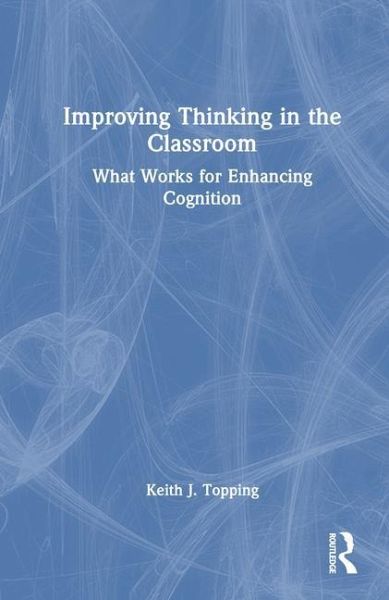
Improving Thinking in the Classroom
What Works for Enhancing Cognition
Versandkostenfrei!
Versandfertig in 1-2 Wochen
171,99 €
inkl. MwSt.
Weitere Ausgaben:

PAYBACK Punkte
86 °P sammeln!
This research-to practice book showcases how you can improve the thinking (cognition) of your students, across the curriculum and beyond. This powerful resource will help you determine what really works for teaching thinking so your students can apply such skills and thrive long after they've left school.





